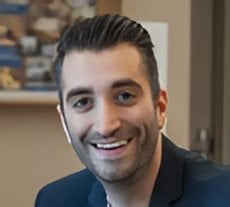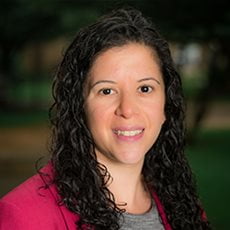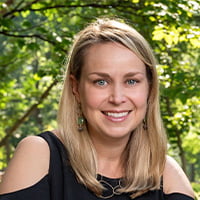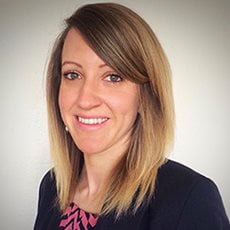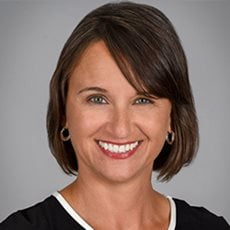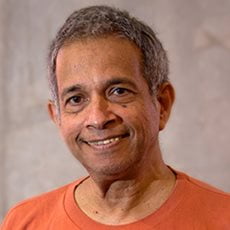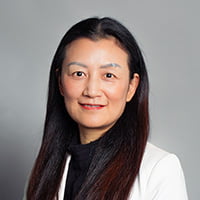What is the Direct Practice in Aging Specialty?
The Direct Practice in Aging specialty provides advanced social work students the opportunity to work at the micro and macro levels to develop and implement effective interventions, programs, and policies specific to the unique needs of older adults, their families, and caregivers. Students in this specialty learn to work with diverse older clients while using interpersonal skills to engage in collaborative, therapeutic relationships. In addition to working directly with clients, the curriculum and field experiences prepare students to partner with practitioners, community agencies, and systems of care improving the lives of older adults. Specific skills gained include evaluating, selecting, and implementing appropriate assessment, intervention, and evaluation tools.

